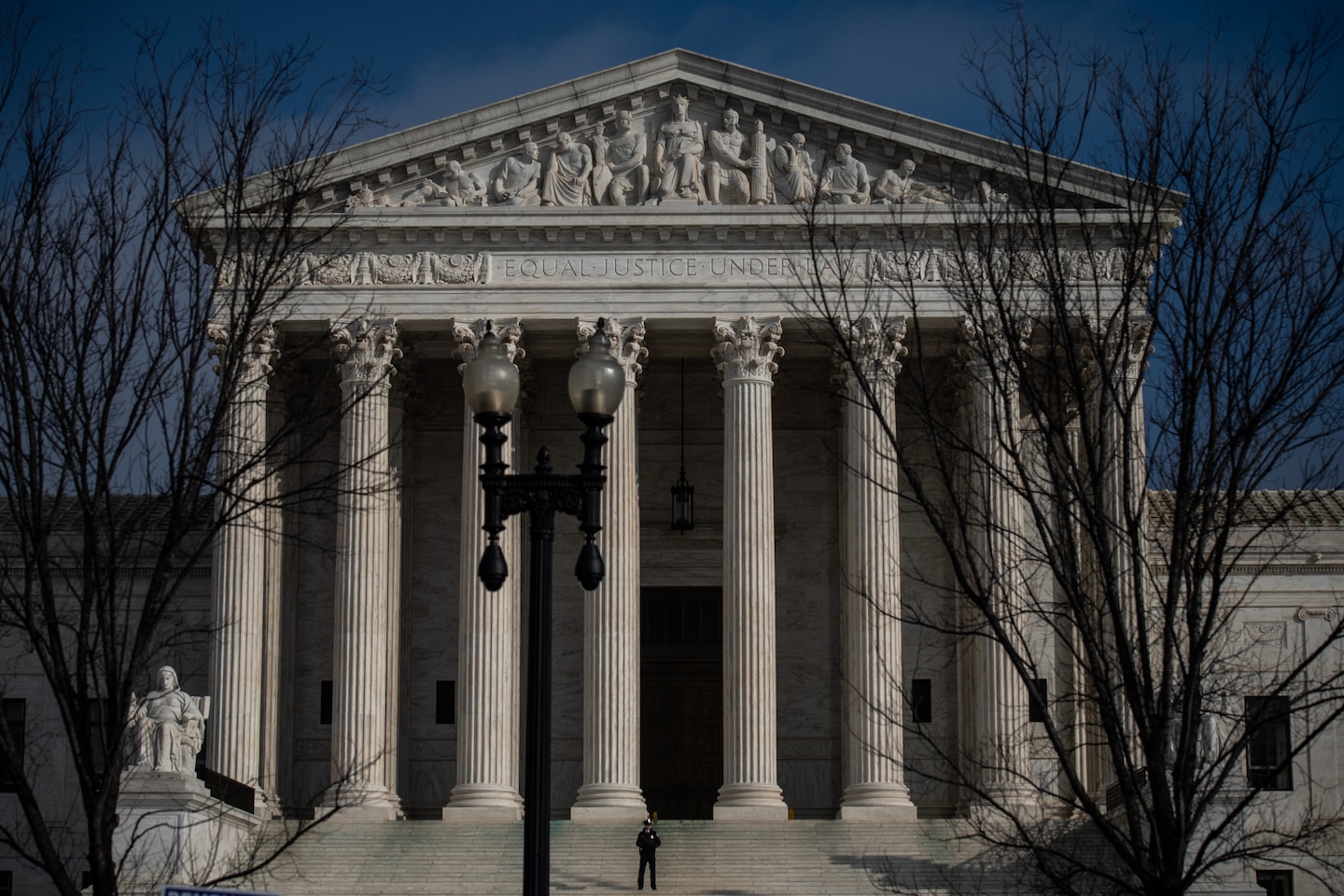Trump may have won the political battle. But he lost the constitutional one.

But as a matter of constitutional law, the court’s rulings represent significant and justified constraints on the authority not only of this president, but also his successors.
First, the court made clear that no president is above the law when it comes to criminal subpoenas for private information: State prosecutors are entitled to such subpoenas and don’t have to prove greater need when they seek a president’s records than they do for anyone else. Second, the court held that Congress has the authority to subpoena a president’s records, even as it put limits on lawmakers’ ability to do so.
It’s the second ruling that has greatest significance for future occupants of the Oval Office. Remarkably, this was the first time the high court considered whether Congress can compel presidents to produce records. As Chief Justice John G. Roberts Jr. explained, such demands typically are resolved in bruising battles between the branches.
“Congress and the president maintained this tradition of negotiation and compromise — without the involvement of this court — until the present dispute. Indeed, from President Washington until now, we have never considered a dispute over a congressional subpoena for the president’s records.”
This push and pull ended in the Trump presidency. The White House has simply refused to comply with congressional oversight requests or subpoenas, even in the case of impeachment. White House lawyers claim executive privilege allows not just the president but all White House aides, officials scattered throughout the executive branch and even private citizens to refuse to appear.
Until now, judges held back. During Watergate, a federal court refused to force President Richard Nixon to turn over his Oval Office tapes to the Senate. In another major case, a court ordered George W. Bush’s White House counsel, Harriet Miers, to testify about the politically motivated firing of seven U.S. attorneys, but also ruled she could refuse to answer specific questions. Trump stonewalled so vigorously that the high court felt it had to get involved — a legal backfire of potentially historic dimensions.
Under the new ruling, the House of Representatives will have to show the appeals court that this request for documents meets four newly established tests to ensure that the request is narrow and legitimate. Good lawyering should make that goal easy to meet.
The ruling does leave one cloud. Previous court rulings had held that Congress lacks the power to probe just to embarrass individuals; it needs a legitimate legislative purpose.
Investigations of wrongdoing — real or alleged — have been essential throughout U.S. history. Hundreds of officials over the decades have squirmed under TV lights and been forced to produce documents, sometimes revealing crimes and squalid misconduct. This has resulted in landmark statutes, from campaign finance reform to government ethics measures. Still, some inquests — think Teapot Dome, Watergate, or Iran contra — have been more noteworthy because they exposed wrongdoing to the public rather than any laws they produced.
Will this ruling serve as a charter for strong oversight? Or will it mischievously limit it, so that future White Houses can duck accountability? That will be up to future courts, who have now put themselves in the center of these disputes.
There are other ways to strengthen checks and balances. For starters, Congress will need to find ways to use the power of the purse to compel cooperation. Lawmakers also have the power to hold witnesses in contempt and even to seek prison time if they refuse to testify. The notion of a jail cell in the basement of the Capitol appears, alas, to be an urban myth. Perhaps one should be created.
There may also be a need for a clear statute to govern executive branch testimony. More than a decade ago, the Brennan Center proposed a new law to authorize executive privilege but limit its use and give Congress the power to compel testimony. It’s time to take such proposals more seriously.
Ultimately, much of the answer will come in the conduct of president and Congress. Investigators will need to curb their appetites for frivolous and harassing investigations. Presidents will have to decide whether to fight for every inch of advantage, or acknowledge Congress’ role, no matter how infuriating that may seem.
For now, Congress has new weight behind its constitutional authority. When they negotiate, lawmakers now know that, sooner or later the Supreme Court has said it would be willing to step in. That alone can help reset the balance between the two branches at opposite ends of Pennsylvania Avenue.
Read more:






